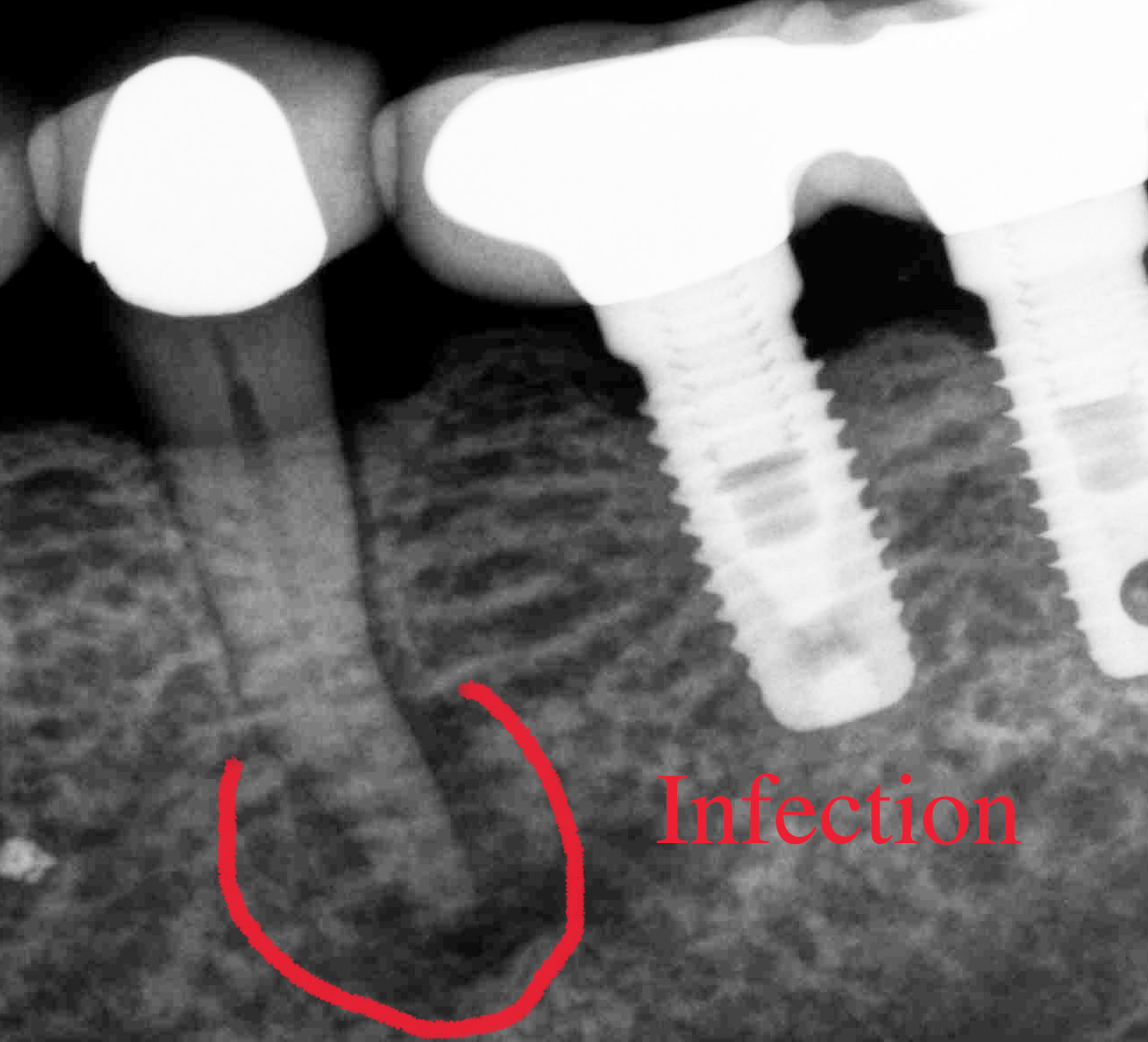The Smile as it Relates to Attractiveness
Infographic from the American Academy of Cosmetic Dentistry .

Fluoride and Teeth
Recently the news have been flashing headlines about Fluoride levels in water. Many of our patients have asked us the question of whether fluoride is beneficial when ingested. It's important to understand that ingested fluoride may help only developing teeth in children. For teeth that have erupted in the mouth, fluoride is only effective as a topical agent: It takes a delivery medium such as tooth paste or gel to allow the fluoride to form a matrix with the calcium on the tooth enamel. That matrix helps resist tooth decay.
Here is the article from the California Dental Association regarding the recent guidelines for optimal fluoride level in drinking water.
http://www.cda.org/news-events/revised-optimal-fluoride-level-in-drinking-water-released
Teeth Grinding
Teeth grinding is one problem that will determine how long your dentition will last in your life time. In many instances, our patients are not aware of their grinding problems. Some patients do not even believe the diagnosis that they do grind their teeth. In any event, teeth grinding problems do not manifest until much later in life when wear facets, fractures, bone loss, and pain become more apparent. Many root canals and crowns are overly prescribed to solve a patient's tooth pain. Sometime, the solution lies undetected in the foundation of the bite stability.
The link below is an interesting article about night guards design which incorporates technology to alert patients of their teeth grinding activity.
Facial Swelling Induced by Teeth
When the nerve inside the tooth dies, it becomes a liquid and will drain out at the end of the root. In some cases the patient may not feel any pain or discomfort. However, the low grade infection will stay localized to the bone surrounding the tooth and will gradually grow over time. When enough exudates from the infection manage to dissolve an area of the jaw bone, a tract is created for the liquid to drain into the soft tissues beyond the bone. That is when the face can swell up. Periodic radiographic evaluation for decay as well as the integrity of the bone and gum surrounding each tooth is crucial in preventing this type of problem. Indeed, a diagnosis for the need of a root canal maybe presented by a dentist even when the patient does not have any pain associated with a particular tooth.
This Xray was from a patient who came in yesterday with facial swelling. Apparently the nerve inside the bicuspid next to the implants had died at some point, and the infection had spread beyond her jaw bone.


